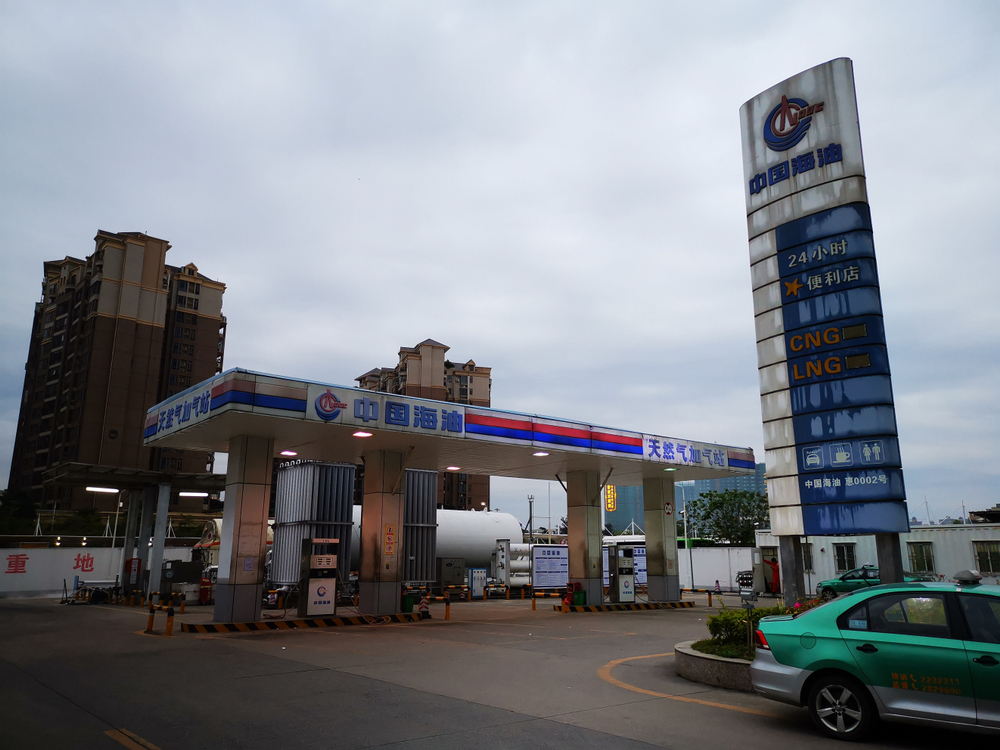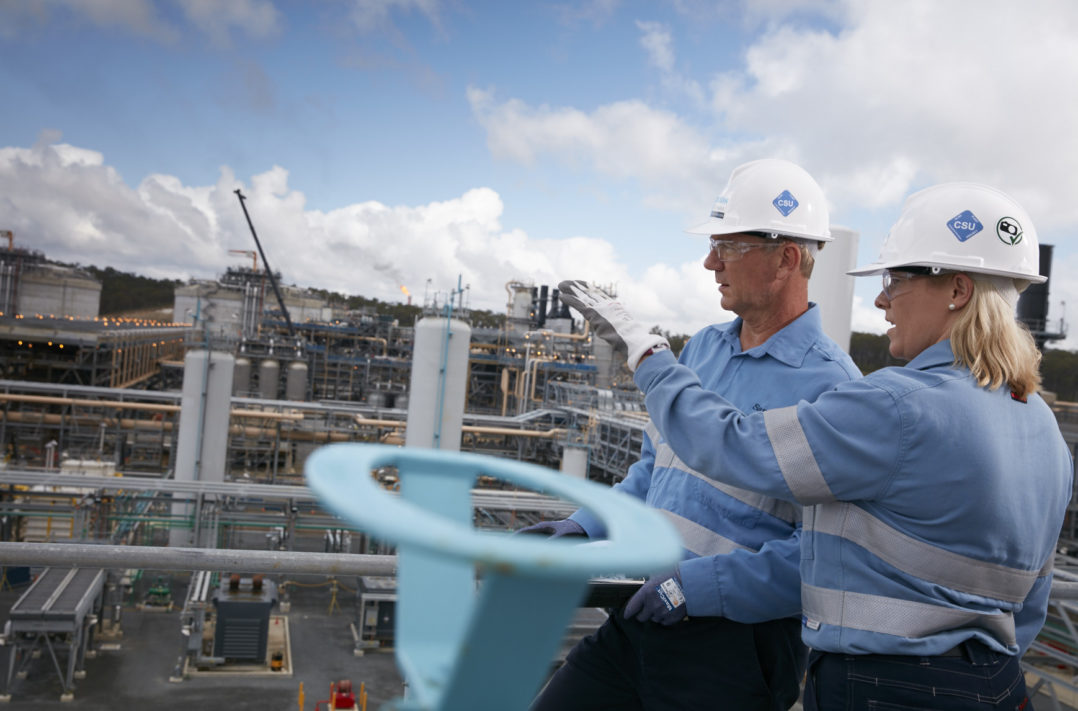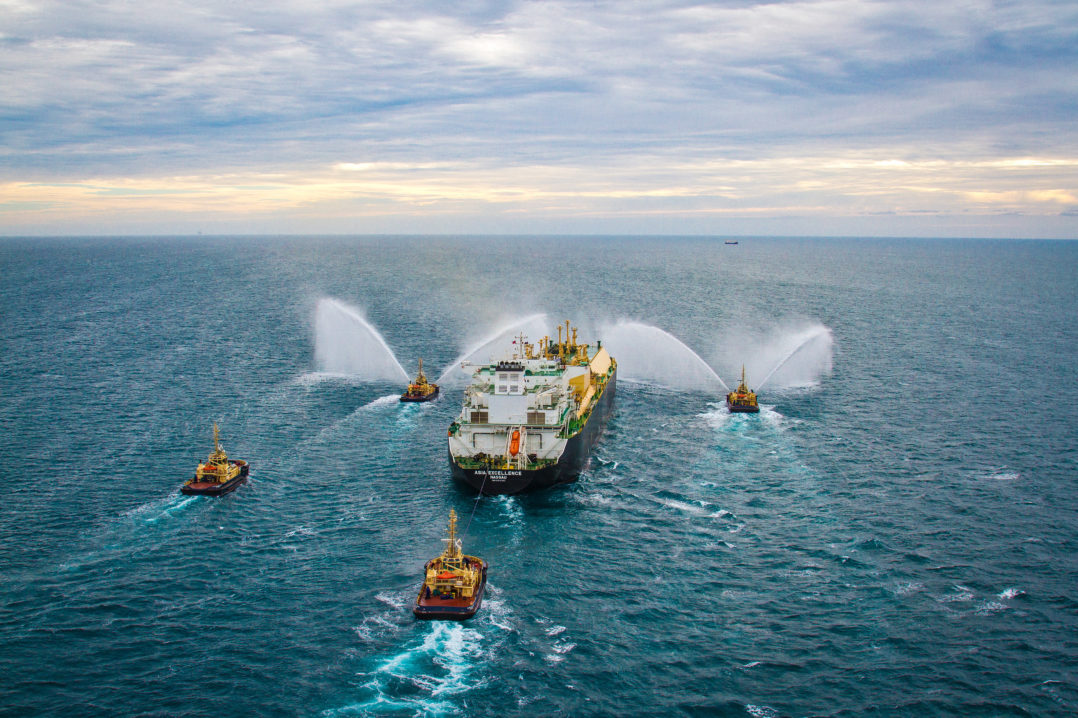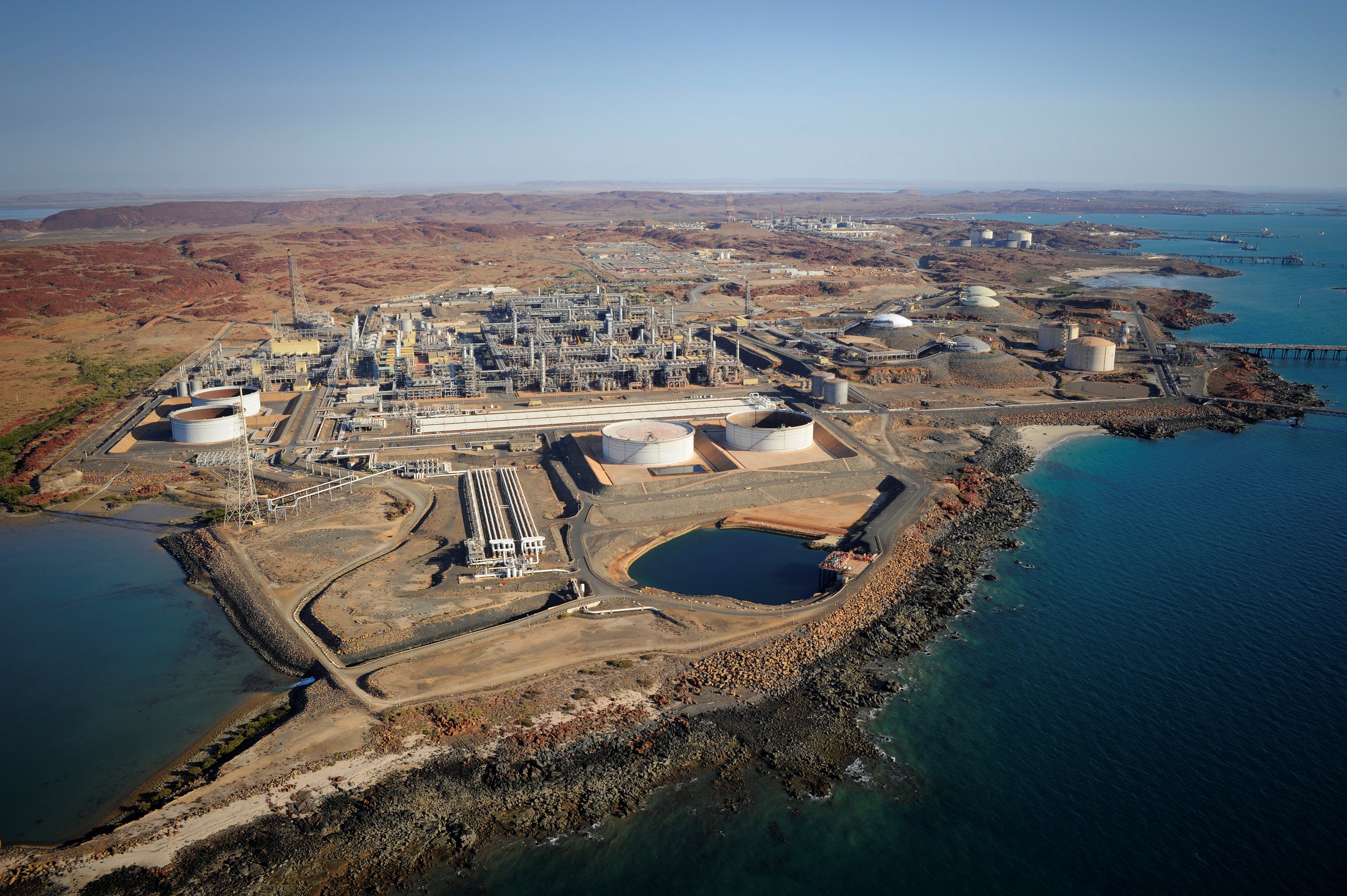A Federal Parliamentary Committee has recognised the importance of carbon capture technology to Australia and regional climate mitigation efforts.
Australia’s oil and gas industry has welcomed the bipartisan recommendation of the House Standing Committee on Climate Change, Energy, Environment and Water for Australia to ratify the 2009 amendment to the London Protocol.
The Committee found the amendment, which allows for the import and export of carbon dioxide as part of global action to reduce emissions, provided a “means for countries to respond to the real urgency of climate change.”
Australia’s valued trading partners with limited opportunity to store their own industrial emissions will be able to look to Australia for carbon capture utilisation and storage (CCUS) solutions.

Australian Petroleum Production & Exploration Association (APPEA) Chief Executive Samantha McCulloch said the industry had supported the amendment in its submission to the inquiry.
“It is a positive development that a committee comprised of government, opposition and crossbench MPs has recognised the importance of carbon capture to Australia’s net zero path,” she said.
“CCUS has been used around the world for 50 years and is widely recognised by authorities like the International Energy Agency (IEA) the Intergovernmental Panel on Climate Change (IPCC) and Australia’s own Climate Change Authority (CCA) as being critical to net zero.”
The Committee found: “Australia could be at the forefront of regional CO₂ storage given our natural geological advantages and industry experience.”
Ms McCulloch said Australia should seize the economic and emissions reduction opportunity of CCUS, which can attract new investment and create jobs across a range of industries.
“Australia has excellent geological storage resources, a world-leading regulatory regime and the skills and expertise to deliver CCUS at scale,” she said.
“Australia’s position as a global resources powerhouse can help also make us a global decarbonisation powerhouse.
“Countries such as Japan, South Korea and Singapore do not have the geology to store their emissions so Australia should take this opportunity to create a major new industry.”
Record Gas Royalties help underpin record Queensland budget surplus
For Australia CCUS is a prudent necessity considering that last week’s Queensland budget revealed the benefits of new gas supply, with $7 billion of future royalties forecast from the sector to help fund the equivalent of building a new public hospital every year.
APPEA said that while southern states miss out on the substantial economic benefits of onshore gas development, Queensland expects a record $2.33 billion of petroleum royalties this financial year to help underpin the state’s record-breaking $12 billion surplus.
Budget papers show revenue from the gas sector will reach a total $7.011 billion in the five years to 2026-27 – up from $5.9 billion last year.
The average $1.4 billion of gas receipts each year will help the state fund the equivalent of a new public hospital or 140 new schools annually.
The Australian Petroleum Production & Exploration Association (APPEA) noted that the Budget recognised the resources sector as “a traditional driver of investment, economic growth and jobs”.
McCulloch said: “Seven billion dollars from the Queensland oil and gas industry is helping fund important public services and infrastructure like new hospitals and schools for the state’s growing population.
“It’s important to remember that a decade ago Queensland didn’t have a specific line in its Budget papers for petroleum royalties. Now it’s worth a new public hospital every year.
“This is one of the benefits of new gas supply and the direct return to the Queensland public from the hundreds of billions of dollars of industry investment and stable policy and regulatory settings from the State Government over more than a decade. This year’s Budget, for example, further supports gas exploration to unlock new energy in the Bowen and Galilee basins.
“East coast energy system pressures have shown how Queensland gas keeps the lights on as New South Wales and Victoria outsource their energy security with bans and uncertain regulatory environments chilling investment in new supply.
“Meanwhile, Queensland’s long-running support of onshore gas development sees it continue to enjoy substantial economic benefits, with the supply chain supporting around 30,000 jobs, millions of dollars being invested in regional communities and billions flowing to the government.”
Ms McCulloch said the future role of gas was shown with the new $85 million commitment to upgrade CS Energy’s Brigalow Hydrogen-ready Gas Peaking Plant, illustrating how gas will back up renewables in electricity generation under the Queensland Energy and Jobs Plan.
“Queensland understands how to extract the economic benefits from gas while charting a path to net zero as gas backs up renewables, replaces coal, supports industry and manufacturing and kickstarts low-carbon hydrogen production,” she said.
Mandatory Code of Conduct must provide certainty for new gas investment
Mandatory Code of Conduct must provide certainty for new gas investmentAPPEA cautioned, howver, that the test for the Mandatory Code of Conduct will be if it can support the investment that is urgently needed to bring on new gas supply to keep the lights on for Australian households and businesses and put downward pressure on prices.
McCulloch said the industry was committed to providing secure, reliable and affordable energy.
Ms McCulloch said: “The announcement today suggests that the government has taken on board some of the industry’s feedback, however we await the final text of the Code to fully understand whether the industry’s concerns and recommendations have been addressed.
“The number one test will be whether the Code delivers the confidence producers need to make the urgent investment in new gas supply necessary to avert future shortfalls and deliver the reliable and affordable energy needed by all Australians.”
The Australian Competition Consumer Commission (ACCC) have made it clear that new gas production is needed.
The ACCC forecast potential structural shortfalls – when gas supply falls below gas demand on an ongoing basis – as early as 2027 with potential peak shortfalls even sooner.
The ACCC go on to state: “Without expansion in production, we anticipate there will be gas shortfalls [that] would place continued upward pressure on prices in the domestic gas market, as well as pressure on the electricity market.”
Ms McCulloch said: “At a time when Australian households and businesses are facing cost-of-living pressures, a range of independent authorities have made it clear that bringing on new gas supply is the key to putting sustained downward pressure on prices and ensuring supply security for manufacturers, power generators and households.”





